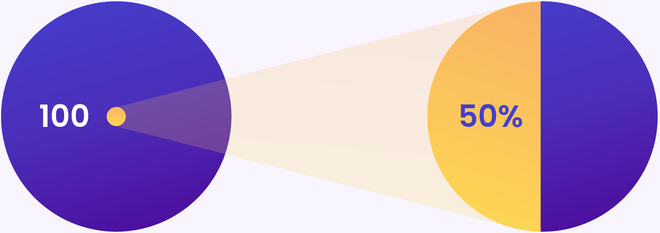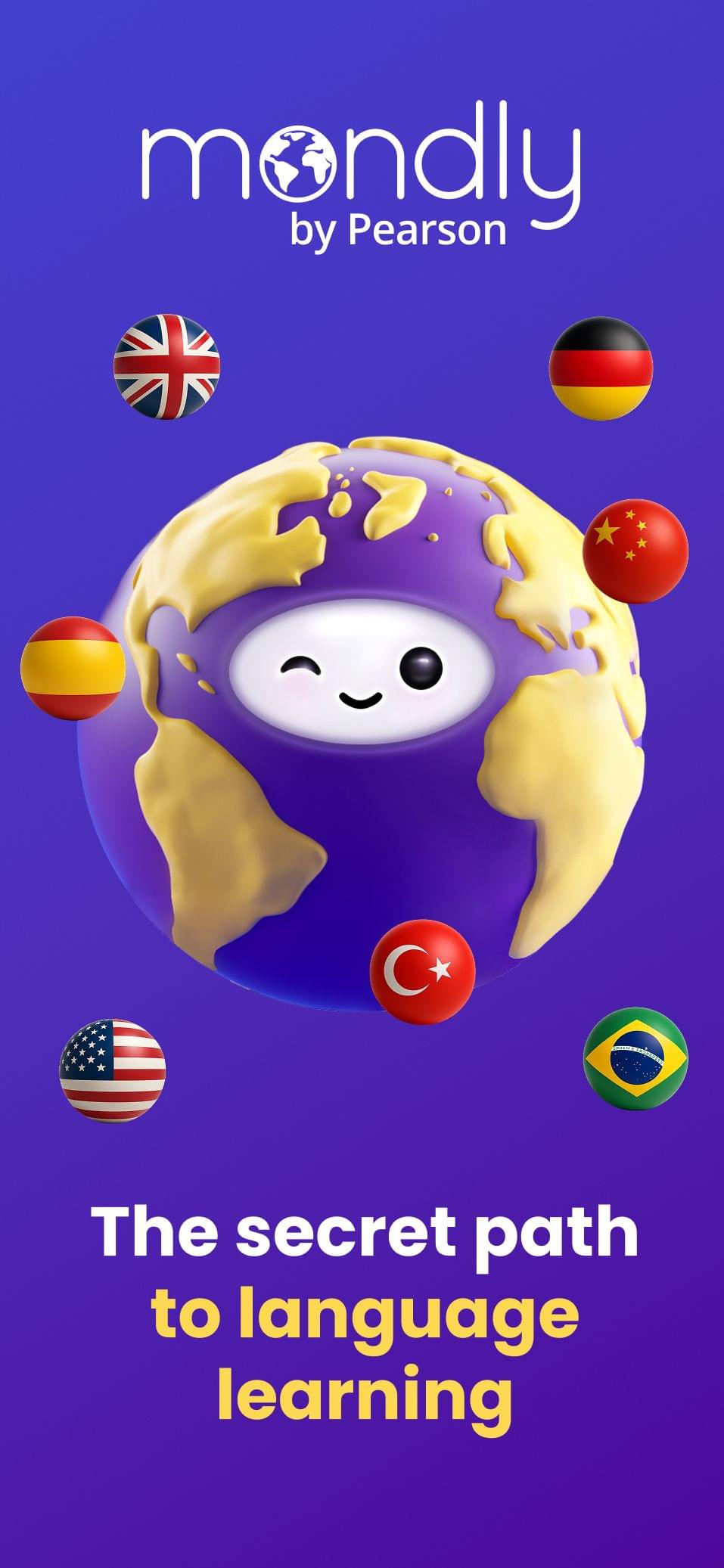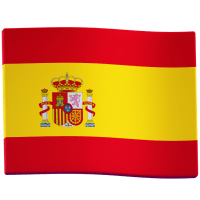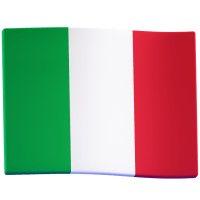Hebrew Words to Know—Expand your Hebrew Vocabulary
Most Common Hebrew Words
Though it might seem straightforward, lexicographers use specific criteria to decide which words to include, observe, or remove from Hebrew dictionaries. Essentially, if a new Hebrew term becomes widely used and sustained over time, it becomes eligible for dictionary inclusion. Language experts then carefully evaluate the term’s significance and usage before officially adding it to the Hebrew linguistic repertoire.
One encouraging aspect of learning Hebrew is how effectively you can grasp the language using a relatively modest vocabulary. Mastering just 100 fundamental Hebrew words can significantly boost your ability to understand written texts, allowing you to comprehend a substantial portion of articles, websites, or even books.
Expanding your vocabulary further to the 1,000 most commonly used Hebrew terms enables you to understand approximately 75% of written Hebrew material.


When you know the most common 100 Hebrew words
You can understand 50% of the texts written in Hebrew
Top 10 Common Hebrew Words
1. שלום = Hello
A simple "שלום" (sha-lom) is all it takes to greet someone warmly in Israel. It means both "hello" and "peace". Listen to a fluent speaker saying "hello" in Hebrew:
שלום
2. אהבה = Love
Love is a universal feeling, and we definitely had to mention it here. Hebrew speakers express love through the word "אהבה" (ah-ha-va). Hear it in action here:
אהבה
3. אושר = Happiness
Where there’s love, there’s definitely happiness! We’re all chasing "אושר" (happiness), as Hebrew speakers would say. Listen carefully, and maybe some "אושר" will find its way to you today!
אושר
4. חתול = Cat
How did cats take over the internet? At this point, they seem to be ruling everything! Listen to the correct pronunciation of the word ""חתול"" (cat) in Hebrew. It’s purrfectly easy to say.
חתול
5. כלב = Dog
Let’s not forget about our lovely, loyal companions—dogs! A dog in Hebrew is "כלב" (ke-lev), a super handy word for any dog lover visiting Israel. Here’s how to pronounce it correctly.
כלב
6. חייך = Smile
Did you know that smiling relieves stress, boosts your mood, and can even help you live longer? Here's how you pronounce the Hebrew word for 'smile'—"חיוך" (chi-ukh).
חייך
7. כן = Yes
Yes, we’ve reached number 8, where ""כן"" (ken) is the star of the show. Hebrew speakers say ""yes"" by simply saying ""כן"". Enhance your understanding by listening to how a native Hebrew speaker would pronounce it:
כן
8. תודה = Thank you
A single ""תודה"" (thank you) is all you need to receive countless smiles everywhere you go in Israel. Here's a native Hebrew speaker thanking you:
תודה
9. להתראות = Goodbye
At the end of a meeting, it's always nice to say ""להתראות"" (le-hit-ra-ot) to leave a great impression. Let's hear how to say ""goodbye"" in Hebrew:
להתראות
Improve your Hebrew vocabulary online

Each Mondly lesson focuses on a particular theme or real-life scenario, such as family interactions, colors, animals, or shopping experiences. This immersive approach quickly places you in practical contexts—like ordering food in a Tel Aviv café, booking a hotel in Jerusalem, or casually chatting with a native Hebrew speaker you've just met. By structuring lessons around these real-world themes, Mondly simplifies Hebrew learning, helping you build strong mental connections for easier recall and practical language use. This thematic method not only streamlines learning but also significantly enhances your ability to remember and apply Hebrew vocabulary in everyday Israeli life.

The most beautiful Hebrew words

The ultimate aim of learning Hebrew is to confidently engage in meaningful conversations. That’s why Mondly emphasizes speaking practice as a cornerstone of each lesson. These interactive speaking exercises allow you to immediately use newly acquired Hebrew words and phrases in realistic contexts. With Mondly's advanced Voice Chatbot technology, you’ll participate in intelligent, responsive dialogues—answering questions, receiving instant feedback, and enjoying natural conversations. This innovative approach makes Hebrew practice highly interactive, enjoyable, and exceptionally effective, as proven by millions of satisfied learners.

Did you know this about Hebrew?

Hebrew, Israel’s national language, is rich and expressive but doesn’t overwhelm learners with an impossibly large vocabulary. While the exact number of Hebrew words varies depending on definitions and inclusion of loanwords or compound terms, comprehensive Hebrew dictionaries generally include tens of thousands of entries, showcasing the language's depth and cultural richness.

The Benefits of learning the most common Hebrew Words

Make Hebrew word learning fun and easier
Starting with the basics of Hebrew means you’ll begin by learning the most common words and gradually increase the difficulty. This way, you'll feel confident as you learn and see your Hebrew skills grow.

Have basic Hebrew conversations in no time
You'll soon be chatting comfortably with Israelis about everyday topics like weather, politics, or family life. This will boost your confidence in speaking Hebrew and motivate you to explore even more.

Achieve Hebrew fluency faster
By learning the most common Hebrew words first you are learning the smart way. Why learn the most unusual words in English when you might never use them in real life?

Continuously expand your Hebrew vocabulary
Every new Hebrew word you learn adds directly to your existing vocabulary. With each lesson, your Hebrew knowledge grows, steadily bringing you closer to fluency in this beautiful, historical language.











